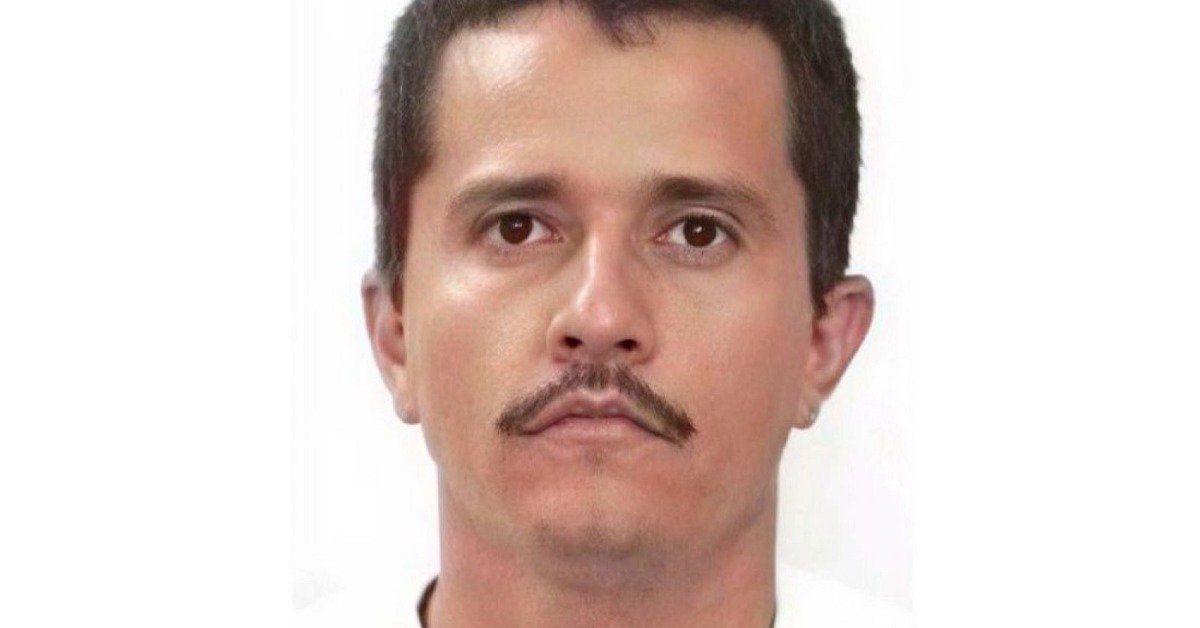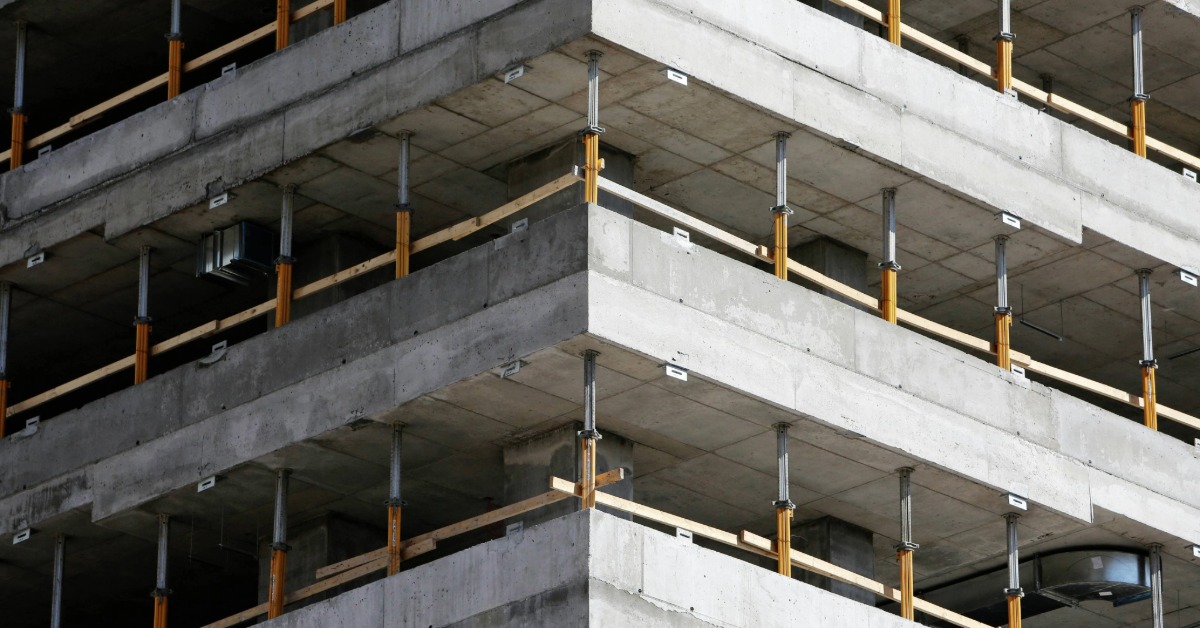As the United States is realizing, changes in the Mexican justice system can be slow and expensive, but an investment they are willing to make. This week the United States Government announced it would invest $68 million into the effort to overhaul Mexico’s justice system over the next five years.
The planned reform in Mexico’s justice system is one that all states in the union are legally obligated to meet by 2016, but only a fraction of states have begun the process.
In 2008 Mexico amended its constitution to make way for judicial system changes and allowed eight . . .





